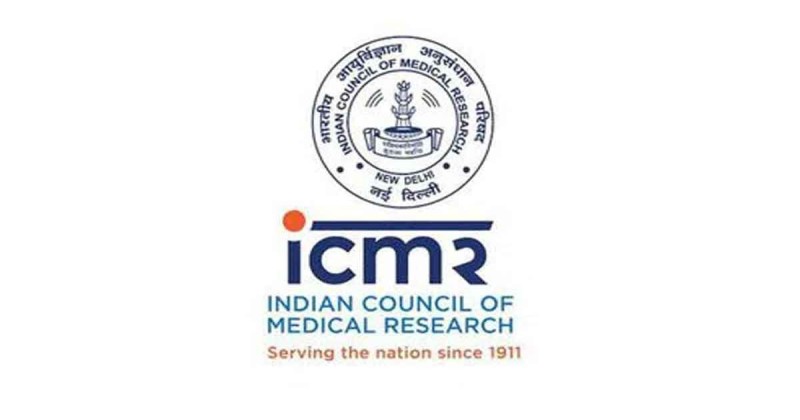
A recent investigation conducted by the Indian Council of Medical Research (ICMR) has uncovered concerning practices among medical professionals at prestigious institutions, posing potential risks to patient safety. The study, conducted across 13 medical establishments including renowned hospitals like AIIMS and Safdarjung, revealed that approximately 45% of doctors were issuing incomplete prescriptions to their patients. Additionally, around 10% of the prescriptions analyzed displayed “unacceptable deviations,” including inappropriate medication prescriptions or multiple diagnoses.
Published in the Indian Journal of Medical Research under the title ‘Evaluation of prescriptions from tertiary care hospitals across India for deviations from treatment guidelines & their potential consequences,’ the year-long research was conducted between 2019 and 2020. The study examined outpatient prescriptions from tertiary care hospitals where the ICMR Rational Use of Medicines Centres are located, including esteemed institutions like AIIMS in Delhi and Safdarjung Hospital. Prescriptions not adhering to standard treatment guidelines or lacking completeness in formulation, dose, duration, and frequency were categorized as having deviations, with unacceptable deviations posing risks such as drug interactions, increased costs, adverse drug reactions, and antimicrobial resistance.
Analysis of 4,838 prescriptions out of 7,800 collected from these hospitals revealed deficiencies in 2,171 prescriptions, with approximately 9.8% deemed completely incorrect. Some prescriptions included more than one diagnosis, with inappropriate medication prescriptions detected in some cases. Notably, the doctors issuing faulty or incomplete prescriptions were postgraduates with an average of 4-18 years of practice experience. The report emphasized the need for adherence to treatment guidelines to prevent potential adverse effects and highlighted instances of unnecessary prescribing, such as the co-prescription of analgesics with pantoprazole, which could lead to side effects like abdominal bloating and rash.

Post Your Comments